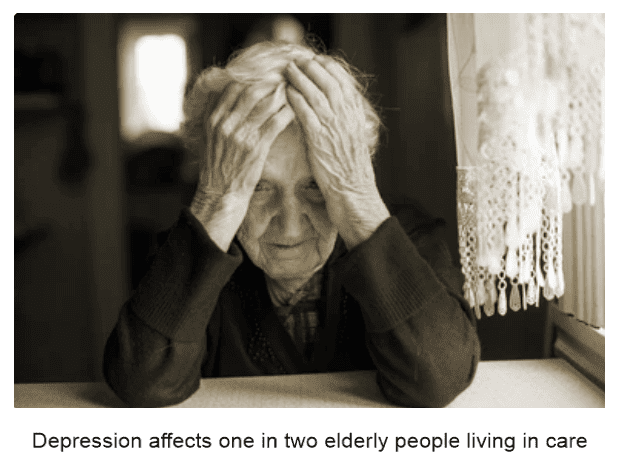Music the tonic for depression in aged care
Saddened but not surprised was our reaction to an aged care industry report which revealed more than half of all permanent aged care residents in Australia have depression.
This alarming finding was outlined in a four-year study commissioned by the Australian Institute of Health and Welfare. The study found more than 53 per cent of women and 51 per cent of men living permanently in aged care had symptoms of depression. For everyone involved, from residents to relatives, to friends and carers, these statistics are incredibly sad, especially since we believe it doesn’t have to be like this.

Music can make life so much better
Life should be so much better for elderly people living in care. And as numerous studies have proven, one of the most powerful tools to support mental health and improve quality of life is age-appropriate music. Music is capable of rekindling precious memories and engendering feelings of joy, connection and relaxation in the listener, even in those suffering from deep dementia. Music is so important for our elderly, particularly for those living in care, and yet we’ve found so little provision of age-appropriate music for people residing in Australian aged care facilities.
Diversional Therapists and Aged Care Recreation Officers can use music as a gentle way to improve the wellbeing of their elderly clients. By playing music that resonates with their clients and brings back happy memories of their younger years, music can be used to genuinely engage the elderly so they develop a stronger sense of community and friendship among their peers and find greater joy in everyday life.
Age-appropriate music is a powerful, non-invasive tool that improves mood, stimulates memory, encourages spontaneous physical activity, provides a culturally appropriate experience and promotes social interaction. And that has to be so much better that any type of medication, wouldn’t you say?
Read the report: Depression in Residential Aged Care 2008-2012
